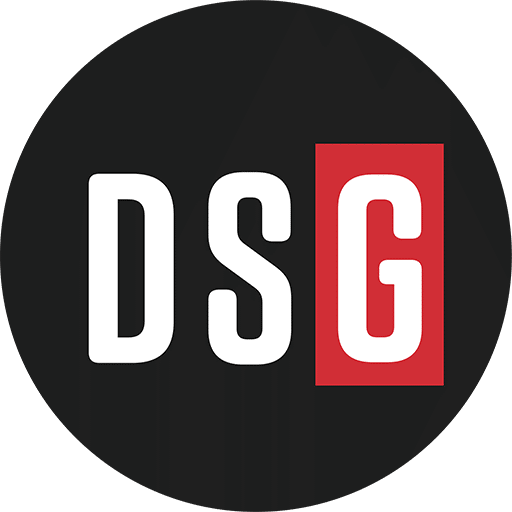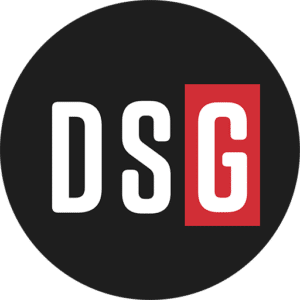Demand for backup power systems, military equipment, and batteries surged in the first half of 2025, according to a new report from industrial sourcing platform Thomasnet. The findings reflect broader shifts in U.S. manufacturing priorities, driven by energy instability, global security concerns, and domestic production initiatives.
The 2025 Mid-Year Sourcing Activity Report, released this week by Thomas, analyzed sourcing behavior across more than 80,000 product and service categories on Thomasnet.com, the company’s online industrial marketplace. The report highlights the top products, services, and emerging trends shaping industrial procurement so far this year.
Backup Power in High Demand
Electrical power generators were among the most-sourced product categories between January and June, Thomas reported. The spike in interest is attributed to mounting concerns about grid reliability, extreme weather, and infrastructure modernization.
“Demand for on-site power solutions is rising as companies look to protect critical operations from power disruptions,” the report stated, citing increased procurement from sectors such as healthcare, data centers, and utilities.
Military Equipment Procurement Rises
Sourcing activity for military equipment also climbed, driven by rising defense spending and a renewed focus on domestic manufacturing. Thomas attributed the uptick to heightened geopolitical tensions and supply chain security initiatives.
According to the report, U.S. and allied governments are increasingly seeking domestically produced defense components, pushing buyers to source military-grade systems and parts from American suppliers.
Battery Sourcing Accelerates with EV and Energy Growth
Battery-related sourcing saw robust growth in early 2025, fueled by the continued expansion of electric vehicles, renewable energy infrastructure, and portable electronics. Thomas pointed to federal investments in battery manufacturing—including Department of Energy-supported gigafactories—as key drivers of increased demand.
The report also noted a growing emphasis on sourcing critical minerals such as lithium, cobalt, and graphite from compliant, traceable suppliers.
Top Services Reflect Changing Manufacturing Needs
On the services side, contract and private label food manufacturing topped the list, reflecting increased outsourcing by food producers and retailers looking to meet evolving consumer preferences. Demand for healthier, organic, and convenience-driven private label products has pushed brands toward co-manufacturing partners that can offer flexibility and speed to market, Thomas said.
Metal fabrication services ranked among the top services sourced, supported by growth in construction, aerospace, and automotive sectors. Buyers sought out U.S.-based fabricators with certifications such as ISO and AS9100, and capabilities in integrated manufacturing—from cutting and welding to stamping and assembly.
Packaging services also saw strong interest, particularly from the food, beverage, cosmetics, and pharmaceutical industries. According to Thomas, the shift toward sustainable and customized packaging, along with advances in automation and smart labeling, is driving demand for specialized providers.
Emerging Trends Highlight Market Momentum
In June, several emerging products showed sharp year-over-year increases in sourcing activity, including concrete tarps, plywood, vacuum systems, and fencing materials—pointing to continued momentum in commercial and industrial construction. On the services side, growth was led by control system integration, recycling services, and tank cleaning and maintenance.


